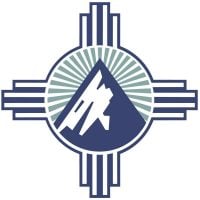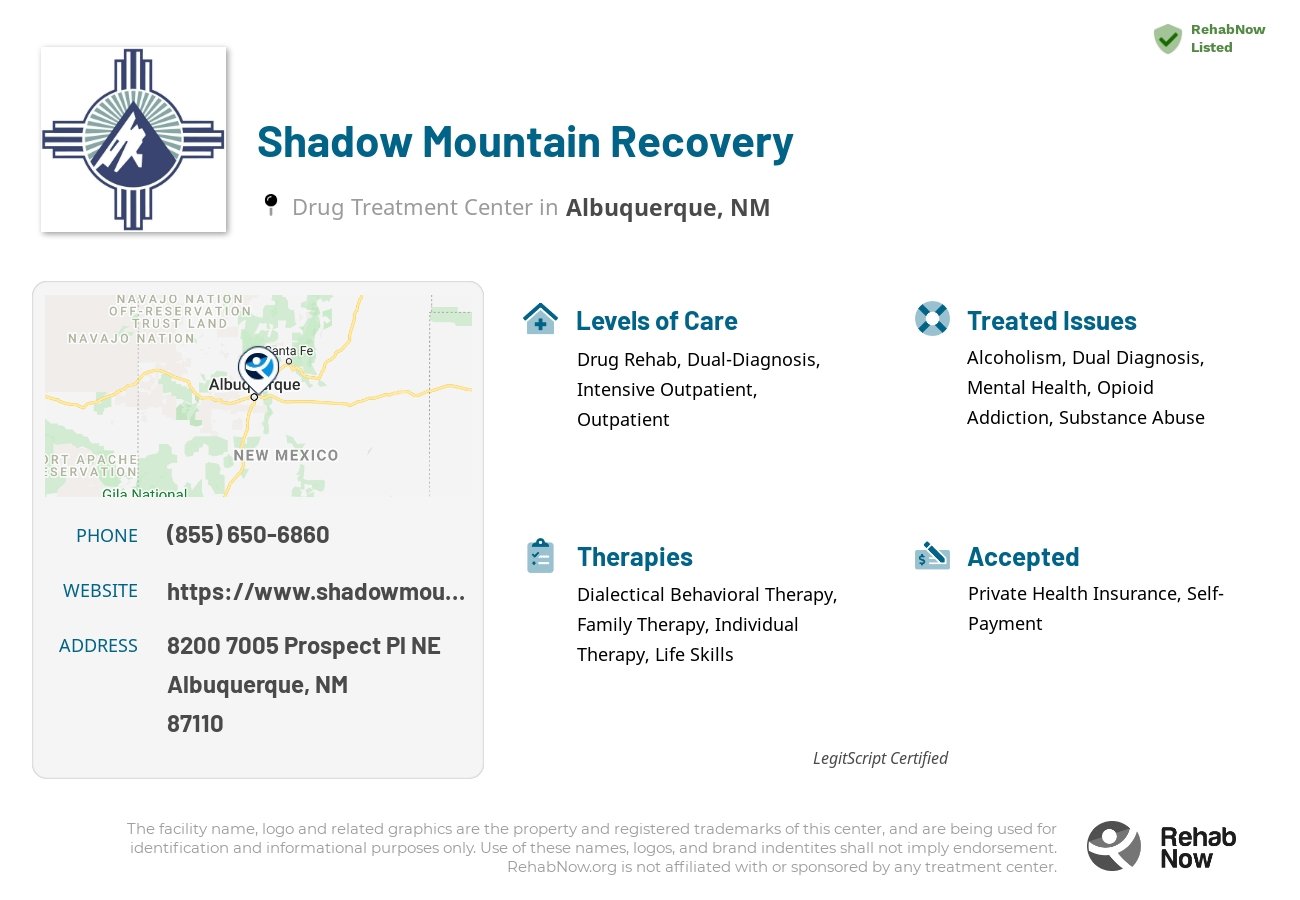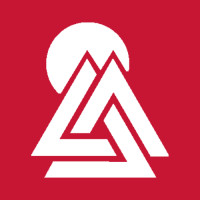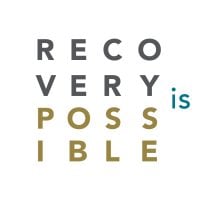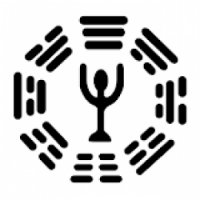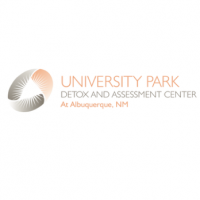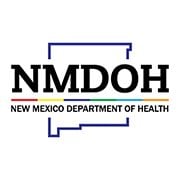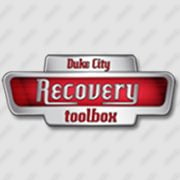About
Shadow Mountain Recovery – Albuquerque Recovery Center, located in Albuquerque, New Mexico, is dedicated to helping individuals overcome addiction and co-occurring mental health issues. This private rehab stands out for its partnership with Vista Research Group to ensure effective treatment outcomes, surpassing national averages in treatment completion and reduction of mental health concerns and suicidal ideation.
- Partnered with Vista Research Group to enhance treatment effectiveness, showing significantly better outcomes compared to national averages.
- Comprehensive care for alcoholism, drug addiction, dual diagnosis, mental health, opioid addiction, and substance abuse.
- Accredited by LegitScript, ensuring high standards of care and the use of evidence-based, holistic treatment approaches.
Shadow Mountain Recovery is recognized for its commitment to quality care, underpinned by LegitScript certification. The center offers a wide range of treatment services, addressing the individual needs of each patient with a knowledgeable team of licensed professionals.
Specializing in the treatment of alcoholism, drug addiction, including opioid addiction, dual diagnosis, and mental health issues, Shadow Mountain Recovery employs a variety of treatment methods. These include cognitive behavioral therapy, medication-assisted treatment, and holistic approaches, ensuring a comprehensive and individualized care plan for each patient.
Genders
Ages
Modality
Additional
Accreditations

LegitScript
Conditions and Issues Treated
Recovering from substance abuse is an essential part of a healthy life for many people. It’s a long and challenging process, but it can be worth it in the end if you manage to get through all parts. Detoxifying your body, rehabilitation after that time passes or when needed (depending on what type), and then recovery while also receiving therapy support throughout this entire process.
A standard route to starting recovering from substance abuse and addiction is through a detoxification center. There you can completely heal your body and mind and continue on the path of recovery without feeling any of the lingering effects of substances.
Within the past decade, opioid addiction has become a nationwide epidemic. The United States hosts one of the world’s highest rates of opioid use or abuse and has one of the highest rates of opioid-related deaths. In the United States, opioid drugs are classified as Schedule II-IV controlled substances due to their highly addictive properties and potential for abuse. These include morphine, opium, heroin, oxycodone, hydrocodone, methadone, and fentanyl. Physicians usually prescribe opioids to help control pain.
Over time, opioid users develop a tolerance for the drugs, which makes it difficult, if not impossible, to function without them. In turn, opioid users often resort to illicit means of obtaining the drugs. These means can include drug dealers, friends, and family members who do not have legitimate prescriptions for the drugs. Opioid addiction can quickly lead to heroin use, especially those seeking more intense highs than prescription opioids offer. Due to the high risk of overdose, heroin users are at a much higher risk for illness and death.
A person who struggles with addiction and a mental health condition suffers from a dual diagnosis. This means that they have two issues that must be treated. The specific mental health issues that the patient at Shadow Mountain Recovery might have include but are not limited to:
- Depression
- Bipolar Disorder
- Anxiety
- PTSD (Post Traumatic Stress Disorder)
The specific addiction issues that the patient might have include but are not limited to:
- Alcoholism
- Drug Addiction (i.e., Cocaine, Meth, and other stimulants, Marijuana, and Ecstasy)
The combination of the two illnesses can be tough to treat. Taking care of one or the other is tough, and taking care of both cannot be done alone. A patient who receives dual diagnosis treatment will be given the best chance at becoming sober.
Levels of Care Offered
This center offers a variety of custom treatment tailored to individual recovery. Currently available are Detox, Dual-Diagnosis, Intensive Outpatient, Outpatient, Partial-Hospitalization, Residential, with additional therapies available as listed below.
Detoxification is a critical first step in treatment for drug addiction. Drug detoxification helps the individual withdraw from the drug by providing a controlled environment where symptoms can be managed through medication and close observation. Detoxification is an inflection point where the individual can get on a recovery track, but it’s also one of the most dangerous points in the recovery process.
In addition to going through physical withdrawal from certain drugs, a detox program also provides the individual with drug testing to monitor their progress. This way, if the individual is not ready for sobriety (such as if they relapse), the treatment professionals can catch it early on and use that opportunity to help re-orient the individual towards recovery.
Intensive Outpatient Programs are similar to partial hospitalization, but they don’t require the patient to go home each night.
This means that while they have to attend meetings and receive other types of help at the facility, addicts are allowed to keep their jobs or continue with school without having to miss their classes or work opportunities. This is a great option for those who can’t take time away from their jobs or schedules to attend a treatment program.
During this type of program, the addict will be required to meet with counselors and other types of professionals throughout the day. This will help them stay on track and prevent them from relapsing after they leave the facility.
An outpatient treatment program is set up to help with alcohol or drug addiction or a co-occurring disorder. The treatment must attend the treatment facility for their therapy and other programs but return home each night. The frequency of mandatory attendance decreases after much of the treatment program is complete. The treatment programs are monitored by the treatment facility and case managers who work for a judge or judge’s office. A treatment program may be performed out of a treatment facility, treatment clinic, or treatment center.
The benefits of outpatient treatment programs are many. One of the most beneficial treatment programs is that it allows treatment for clients who cannot afford or may not be able to attend treatment at a treatment facility, treatment center, or treatment clinic full-time. Another benefit of treatment programs is that they reduce crime rates because treatment allows people to treat their addiction.
This type of addiction treatment is available at Shadow Mountain Recovery for people who need more time and attention than an outpatient program can provide. This type of program is beneficial for people who have low motivation due to addiction, or have a lack of support at home which prohibits them from being able to attend a traditional addiction recovery program.
PHP is beneficial to:
- Individuals who have very low motivation to recover from addiction as a result of the severe consequences they are facing as a result of their drug or alcohol use.
- People with a mental health diagnosis combined with addiction.
- People who need to be closely monitored due to the fact that they are not able to function well enough on their own.
- People who do not have strong social support or other treatment options available to them at home such as family or individual therapy.
Residential treatment programs are those that offer housing and meals in addition to substance abuse treatment. Rehab facilities that offer residential treatment allow patients to focus solely on recovery, in an environment totally separate from their lives. Some rehab centers specialize in short-term residential treatment (a few days to a week or two), while others solely provide treatment on a long-term basis (several weeks to months). Some offer both, and tailor treatment to the patient’s individual requirements.
Therapies & Programs
Individualized Treatment is essential because it gives addicts the ability to participate in a program that meets their unique needs. An addict should work with professionals who understand what they’re going through, especially if the addict is actively using. Finding the right treatment program for an addict is difficult, but it’s even harder without communicating with those who have experience treating your specific situation.
The therapies typically involve all family members, potentially including siblings, children, and parents who play a role in their daily lives. These sessions can be essential because they address past issues that may have affected an addict or alcoholic’s recovery process. They provide support during this time when it is needed most!
A family therapy session, often called a family meeting or intervention, is a necessary process that helps loved ones of addicts see their situation in a new light. It’s also one of the most challenging things families will ever have to do when they’re facing a loved one battling addiction or alcoholism.
Group therapy sessions provide recovering addicts with a chance to cope with everyday situations that many face. Group therapy sessions are held in rehab facilities, clinics, churches or community centers that offer drug addiction treatment.
People who attend these groups are encouraged to voice their feelings and support other addicts in recovery. This helps group members strengthen their own recovery program while cheering on others who are struggling with sobriety.
Trauma therapy allows them to work through past trauma to have peace of mind and begin down the road of sobriety. The therapist will work with the individual to help them understand their past and present relationships. Patients may often believe that something is inherently wrong with them or they are unworthy of love. The therapist aims to correct these negative feelings and behaviors by helping the person realize that their actions do not reflect who they truly are.
Dialectical behavior therapy, or DBT, is one form of cognitive behavioral treatment. This type of therapy typically involves both individual and group sessions with a therapist on a regular basis.
It uses concepts like mindfulness training to help addicts learn how to identify their thoughts, feelings, behaviors and the experiences that trigger them so they can avoid relapse. DBT also teaches addicts how to regulate their emotions, which can make it easier for them to avoid or overcome negative thoughts and cravings.
Cognitive Behavioral Therapy (CBT) is a highly effective treatment option based on the idea that how we feel, think and act all interact together. Our thoughts determine our feelings and behaviors; our feelings affect our thoughts, and our behaviors change our thoughts and feelings. CBT helps people explore their thoughts for problems (or false beliefs) that influence their mood and actions. By examining their thoughts and beliefs, people can recognize distorted or irrational and modify them to more realistic, positive ones. CBT is very goal-oriented, which means that the therapist and patient work together on a specific problem while learning to become more adept at solving future problems.
CBT works well with a broad range of people, including those with depression, anxiety disorders, eating disorders, and problems with anger. In addition to helping a client focus on thoughts that can be changed, CBT also allows them to take an active role in their treatment. This is called a collaborative approach because both patient and therapist work together to produce the best possible results.
CBT is based on cognitive learning theory, which says that our behavior is a learned response to our environment. Cognitive refers to thoughts and beliefs, while behavioral relates to actions or deeds. CBT helps people learn ways of behaving to improve their quality of life by focusing on specific problems or goals they want to achieve. Sometimes, CBT is used alone; other times, it is combined with medications or brief counseling techniques such as solution-focused and motivational interviewing to achieve optimal results for the patient.
Eye Movement Desensitization and Reprocessing (EMDR) therapy is different from the traditional treatment that helps patients recover from substance abuse. This therapy, offered by Shadow Mountain Recovery, helps patients reduce the impact of traumatic memories on emotions. It does this by having them follow a bar of light or watch their therapist’s finger move back and forth, which mimics the eye movements of REM sleep. This reduces the negative feelings associated with such memories and promotes calmness and relaxation.
EMDR therapy is combined with behavioral therapies to address the root cause of substance abuse. This reduces the chances of relapse at a later stage.
Life skills training is beneficial for addicts in recovery because it helps them learn how to take care of themselves and improve their quality of life, which can promote feelings of purpose and motivation.
This works by teaching individuals life-enhancing skills that support positive living, including:
- Healthy lifestyle habits
- Skills to effectively manage stress
- Effective communication skills to help them get their needs met without turning to drugs or alcohol
- Money management and budgeting skills so they can continue to take care of themselves after treatment ends.
A 12-step program is a mutual support group in which members share their experiences with addiction. The goal of these programs is to provide support and encouragement throughout the recovery process.
12-step programs are beneficial for:
- Individuals who have already stopped drug/alcohol use
- Individuals who have already stopped drug/alcohol use, and are looking for a support system to maintain sobriety
- People who may be thinking about quitting their drug/alcohol use
- People who do not have access to other types of addiction treatment
Patient Experience
Fitness Therapy
Fitness therapy is a great way to improve physical and mental health. It can be used in combination with other therapies to help people recovering from addiction. Exercise releases feel-good chemicals, helps with self-discipline, and can improve moods. Fitness therapy can help people heal physically and mentally from the damage done by addiction.
Payment Options Accepted
For specific insurance or payment methods please contact us.
Is your insurance accepted?
Ask an expert, call (888) 674-0062
Additional Details
Specifics, location, and helpful extra information.
Albuquerque, New Mexico 87110 Phone Number(855) 650-6860 Meta DetailsUpdated April 15, 2024
Staff Verified
Is Shadow Mountain Recovery a LegitScript Verified Treatment Facility?
According to our most recent records, we have found this center to be LegitScript verified.
Patient Reviews
There are no reviews yet. Be the first one to write one.
Albuquerque, New Mexico Addiction Information
New Mexico has been one of the leading states in the nation when it comes to drug and alcohol use, abuse, and addiction. Opioids are responsible for over 60% of all drug-related overdoses in New Mexico. Alcohol-related deaths in New Mexico are the highest in the nation and almost twice the national average since 2000.
Albuquerque, New Mexico has one of the highest rates of drug overdose deaths in the US. There are over 10,000 individuals addicted to drugs and alcohol in Albuquerque. Treatment programs can provide the necessary support to help addicts overcome addiction. A wide range of treatment options is available in Albuquerque. 12-step programs, such as Alcoholics Anonymous (AA) and Narcotics Anonymous (NA), are popular in the city.
Treatment in Nearby Cities
- Farmington, NM (145.4 mi.)
- Ruidoso, NM (131.1 mi.)
- Los Lunas, NM (22.9 mi.)
- Mora, NM (91.8 mi.)
- Alamogordo, NM (156.6 mi.)
Centers near Shadow Mountain Recovery
The facility name, logo and brand are the property and registered trademarks of Shadow Mountain Recovery, and are being used for identification and informational purposes only. Use of these names, logos and brands shall not imply endorsement. RehabNow.org is not affiliated with or sponsored by Shadow Mountain Recovery.
